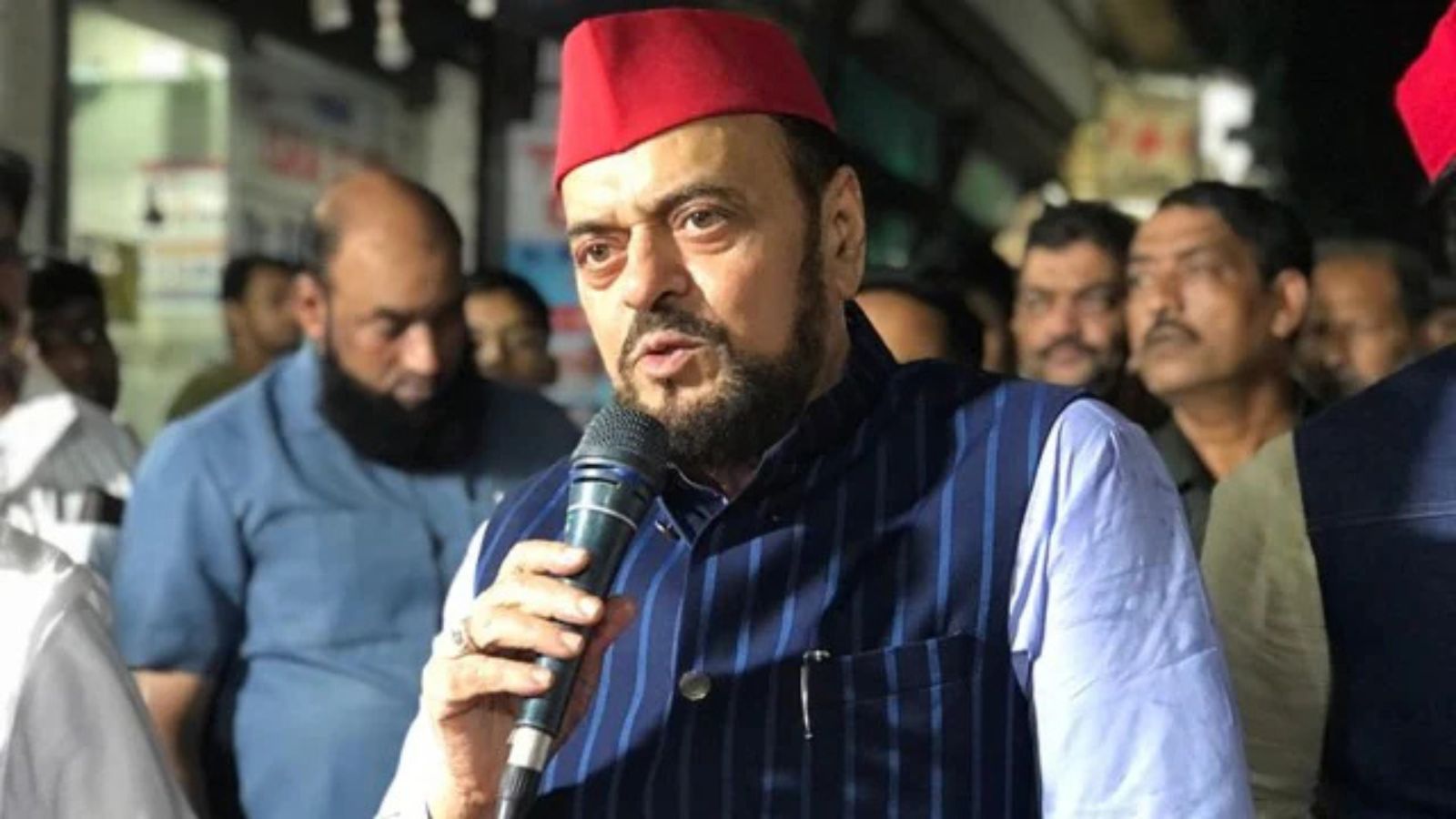 |
|
The recent Maharashtra Assembly elections witnessed a significant victory for Samajwadi Party leader Abu Azmi in Mumbai's Mankhurd Shivaji Nagar constituency. Securing his fourth consecutive term, Azmi defeated prominent opponents including NCP leader Nawab Malik, AIMIM's Ateeque Ahmed Khan, and Shiv Sena's Suresh Patil by a comfortable margin of over 12,000 votes. This win is particularly noteworthy given the intense competition and the perceived strength of his rivals. Azmi's success underscores several key aspects of the election landscape in Maharashtra and the dynamics within the Maha Vikas Aghadi (MVA) alliance. His comments regarding the MVA's shortcomings provide valuable insight into the internal workings and challenges faced by the coalition during the election campaign.
Azmi's post-election interview with The Indian Express reveals his perspective on the election outcome and the strategies employed by his opponents. He explicitly attributes his victory to the continued trust and support of his constituents, emphasizing the significant efforts made by his rivals to undermine his campaign. He alleges that his opponents resorted to unethical tactics, including the distribution of money and clothes in his constituency, to sway voters. This allegation of blatant vote-buying raises serious concerns about the integrity of the electoral process and the extent to which such practices influence election results. The use of such tactics suggests a desperation on the part of his opponents, highlighting the perceived vulnerability of their campaigns and underscoring the strong local support that Azmi continues to enjoy.
Azmi's critique of the MVA's performance is particularly damning. He directly points to the alliance's failings in seat-sharing, cooperation, and coordination as significant factors that contributed to the overall outcome of the elections. While he doesn't elaborate extensively on the specifics of these failures, his statement carries significant weight, suggesting internal divisions and a lack of strategic cohesion within the MVA. The implication is that these shortcomings created opportunities for opponents to exploit, thereby diminishing the overall effectiveness of the alliance's campaign. His comments serve as a potent internal criticism, exposing potential vulnerabilities and highlighting the need for introspection within the MVA to address these fundamental issues before future elections.
The implications of Azmi's victory and his subsequent analysis extend beyond the immediate context of the Mankhurd Shivaji Nagar constituency. His comments offer a valuable insider's perspective on the challenges faced by the MVA, particularly in managing its internal dynamics and coordinating its electoral strategy. His allegations of unethical practices employed by his opponents also raise broader concerns about the fairness and integrity of the electoral process in Maharashtra. The need for robust mechanisms to ensure fair elections and to deter such practices is crucial for maintaining public confidence in the democratic system. Further investigation into Azmi's claims is necessary to ensure accountability and prevent such tactics from undermining the integrity of future elections.
Beyond the immediate political ramifications, Azmi's fourth consecutive victory underscores the importance of local leadership and the strength of personal connections in electoral politics. While broader alliances and party strategies are crucial, the ability of a candidate to connect directly with their constituents and build strong, enduring relationships appears to have played a decisive role in his success. This highlights the need for political parties to focus not only on overarching strategies but also on fostering strong relationships with voters at the grassroots level. Understanding and responding to the specific needs and concerns of local communities remains a vital aspect of successful electoral campaigns.
In conclusion, Abu Azmi's victory in Mankhurd Shivaji Nagar is not merely a local event; it offers valuable insights into the dynamics of the Maharashtra Assembly elections, the challenges faced by the MVA alliance, and the importance of local connections in electoral success. His allegations of unethical campaign practices and his critique of the MVA's internal coordination deserve careful consideration and investigation. The event highlights the need for improved electoral integrity and a more cohesive and effective approach within political alliances to ensure fair and transparent elections in the future. Azmi's continued success reinforces the significant role of local leadership and grassroots engagement in shaping electoral outcomes.
